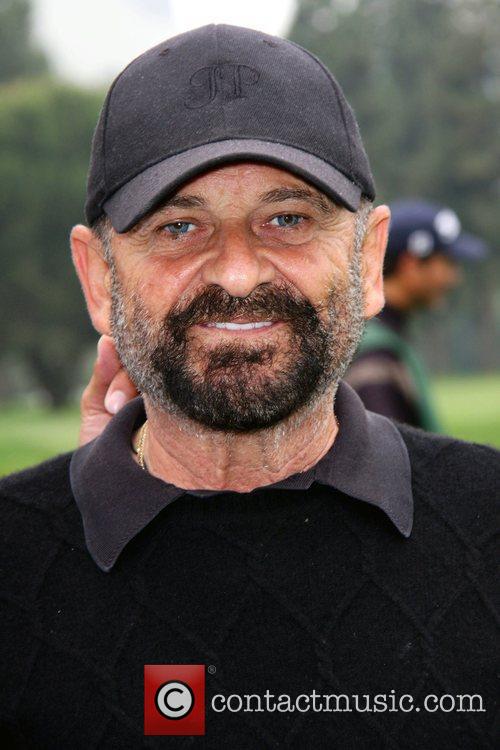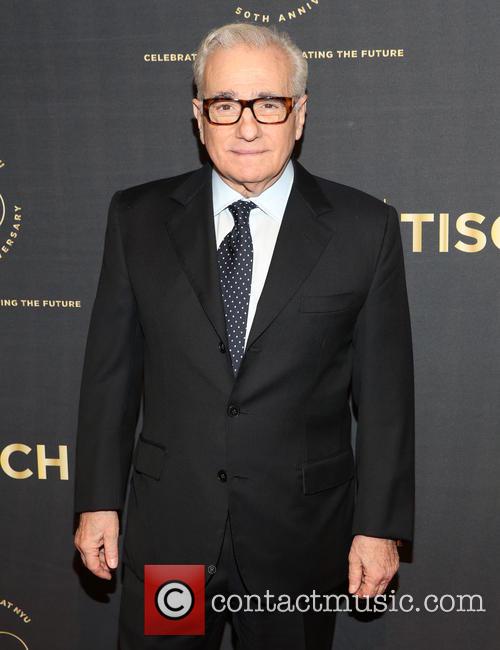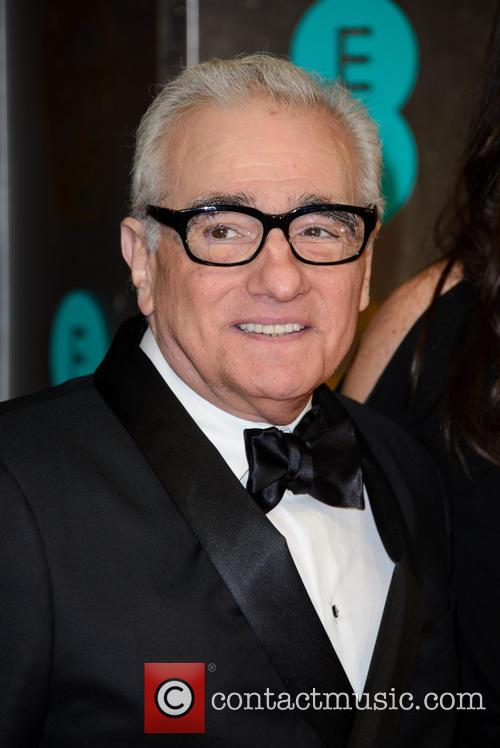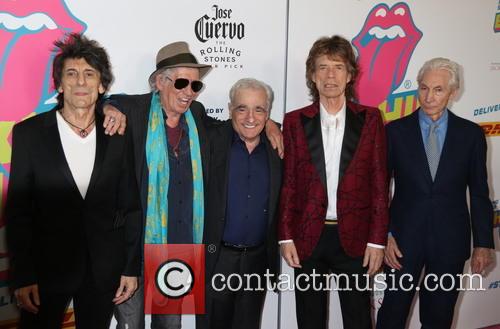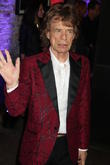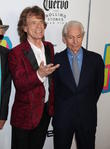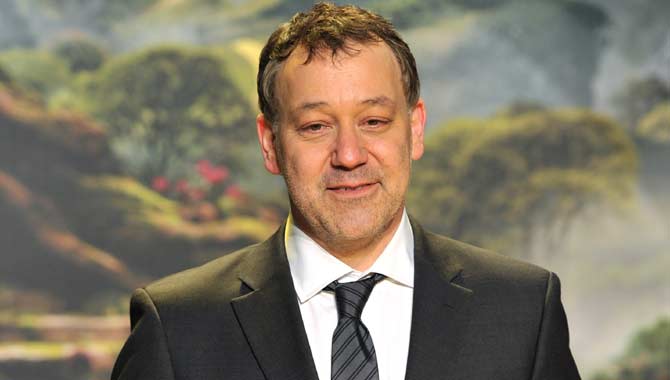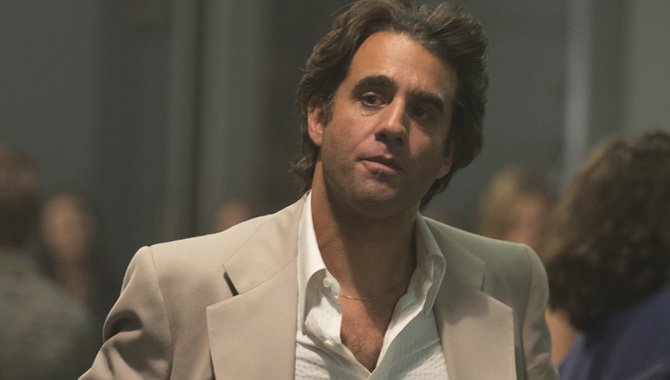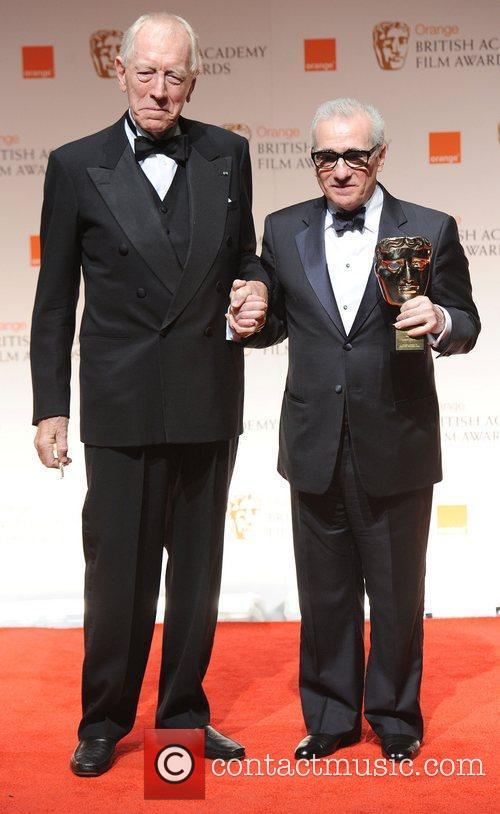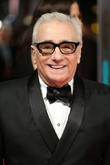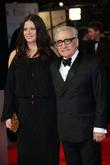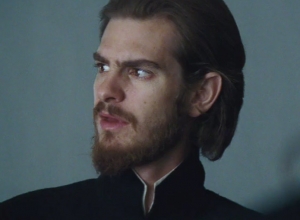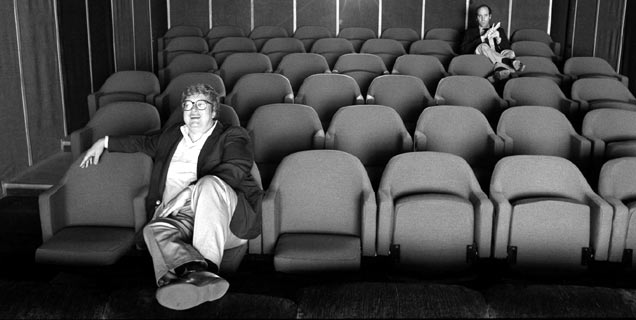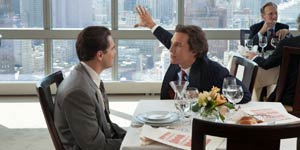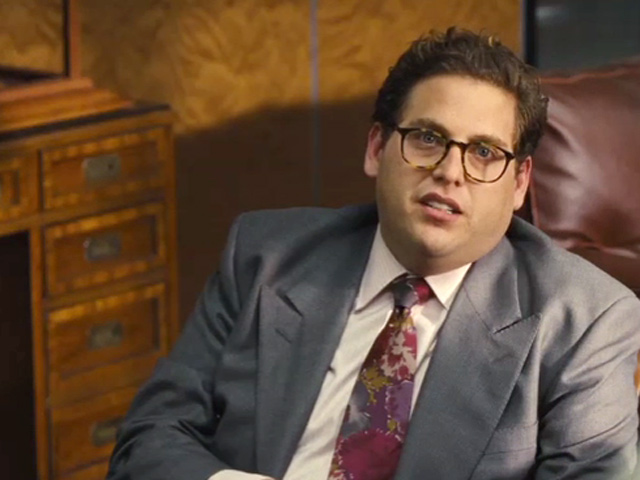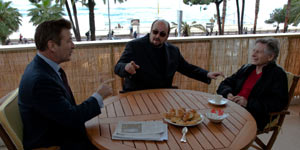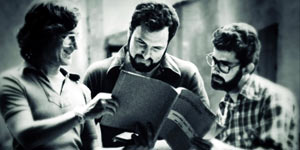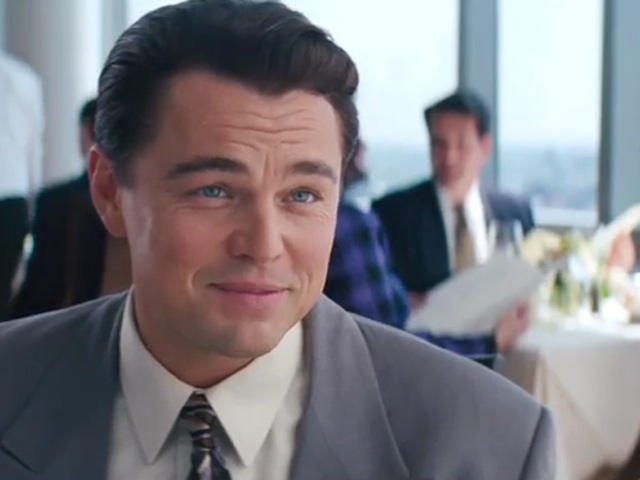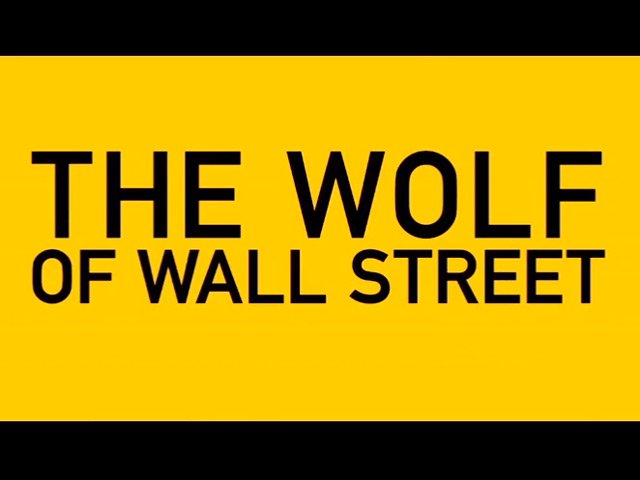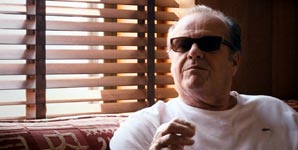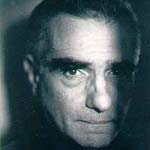
Martin Scorsese (born 17.11.1942) Martin Scorsese is an Oscar winning, American film director.
Childhood: Martin Scorsese was born and raised in New York City. His parents, Luciano and Catherine, both worked in New York City's Garment District. Luciano often took his son to movie theatres and Martin developed an early passion for film and overtook his initial desire to become a priest.
Film Career: Scorsese avoided having to serve in the Vietnam War, due to his asthma. Instead, he attended New York University's film school, where he made his first feature length film, Who's That Knocking at My Door, along with Harvey Keitel, a fellow student at the time.
Scorsese became good friends with a number of prominent film directors of the 1970s, including Steven Spielberg, George Lucas and Brian De Palma. Scorsese worked as one of the editors on Woodstock, where he met the actor John Cassavetes, who also became a close friend of his.
Martin Scorsese released Boxcar Bertha in 1972, a film that taught him to make a film quickly and on a tight budget.
Mean Streets was Scorsese's breakthrough film and also served as a breakthrough for two of its actors, Robert De Niro and Harvey Keitel. The film featured what would become the hallmarks of a great Scorsese picture: violence, Catholic guilt, machismo and a gritty New York setting.
In 1974, Scorsese directed Alice Doesn't Live Here Anymore, at the request of the lead actress Ellen Burstyn. Burstyn went on to win an Oscar for the role.
In 1976, Scorsese released Taxi Driver. The film, which again starred Robert De Niro as Travis Bickle, also featured Jodie Foster playing an underage prostitute, with Harvey Keitel as her pimp.
Martin Scorsese's first big-budget picture was the stylised musical, New York, New York. The film, which starred Robert De Niro and Liza Minnelli, was a failure at the box office.
In the midst of a spiraling depression and addiction to cocaine, Scorsese made the seminal documentary The Last Waltz, capturing the final concert by The Band, a performance that featured the likes of Bob Dylan, Neil Young, Neil Diamond and Joni Mitchell.
De Niro finally convinced Martin Scorsese to kick his cocaine habit and return to filmmaking. The result was Raging Bull, the biopic depicting the life of the boxer Jake La Motta.
In 1983, De Niro and Scorsese teamed up again, for The King of Comedy. The film was something of a departure in style for Scorsese and took a satirical view of the world of celebrity and the media.
Scorsese began work on The Last Temptation of Christ in 1983 but pressure from religious groups shut down the production.
After Hours, released in 1985, was a low-budget black comedy about a New York word processor's unfortunate night out and has become something of a cult classic since its release.
In 1986, Scorsese made The Color of Money, a sequel to The Hustler (1961). Paul Newman won an Oscar for his work in the film.
The success of The Color of Money gave Scorsese the financial clout to be able to continue working on The Last Temptation of Christ. The film was the cause of much controversy, even before its release, though it still earned Scorsese a Best Director Oscar nomination.
The 1990 release of Goodfellas was a return to form for Scorsese, as well as its stars, Robert De Niro and Joe Pesci (who won an Oscar for his performance). Goodfellas is largely hailed as one of Scorsese's greatest achievements.
In 1991, Scorsese remade Cape Fear, his seventh collaboration with Robert de Niro. Two years later, he directed The Age of Innocence, an adaptation of an Edith Wharton novel. Then, in 1995, Scorsese worked on Casino, again featuring both De Niro and Pesci. The film also featured Sharon Stone, who was nominated for a Best Actress Oscar for her performance.
Scorsese's 1997 work, Kundun alienated many of his fans. The account of the life of the 14th Dalai Lama was a huge departure from Scorsese's usual subject matter and its distributor, Disney, distanced itself from the project, due to their desire to expand into the Chinese market.
1999's Bringing Out the Dead was another dark comedy, but did not perform as well as some of the director's previous releases.
Gangs of New York, released in 2002, had a huge budget of over $100 million. Starring Daniel Day Lewis and Leonardo DiCaprio, the film took a number of years to complete but eventually won Scorsese his first Golden Globe for Best Director, as well as receiving 10 Oscar nominations.
Leonardo DiCaprio took the lead role in The Aviator, the true story of Howard Hughes. The film, which also starred Cate Blanchett, won five Oscars, though Scorsese lost the Best Director award to Clint Eastwood. Scorsese followed this with No Direction Home, a documentary about Bob Dylan.
With The Departed, Martin Scorsese returned to familiar ground by casting Leonardo DiCaprio and also worked with Jack Nicholson and Matt Damon for the first time. The film also starred Mark Wahlberg. Steven Spielberg, Francis Ford Coppola and George Lucas presented Scorsese with his first Best Director Oscar for the film.
In 2006, Martin Scorsese filmed a concert by The Rolling Stones. The footage was made into the highly regarded film Shine a Light.
Personal Life: Martin Scorsese's first marriage was to Laraine Brennan, with whom he had a daughter, Cathy.
His second daughter, Domenica Cameron-Scorsese, who is now an actress, is a product of his second marriage, to Julia Cameron.
Between 1979 and 1983, Martin Scorsese was married to Isabella Rossellini.
In 1985, Scorsese married Barbara De Fina but that marriage also ended in divorce.
Martin has been married to Helen Morris since 1999. Their daughter, Francesca, appeared in both The Departed and The Aviator.
Biography by Contactmusic.com
